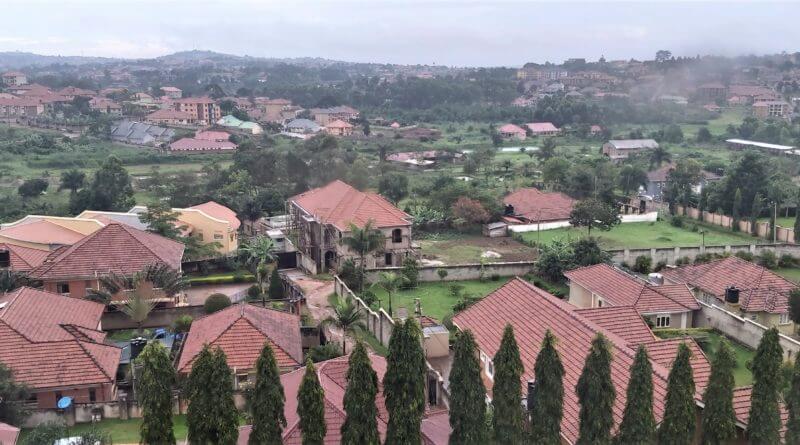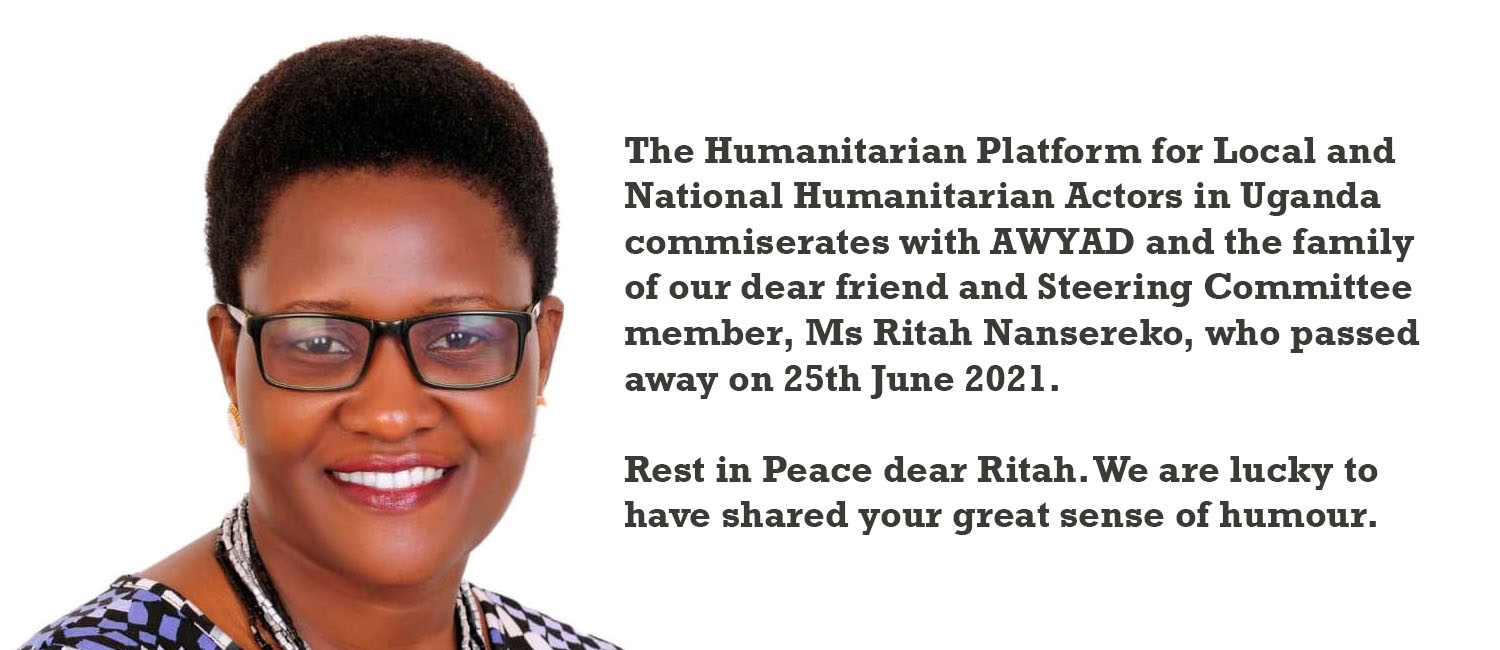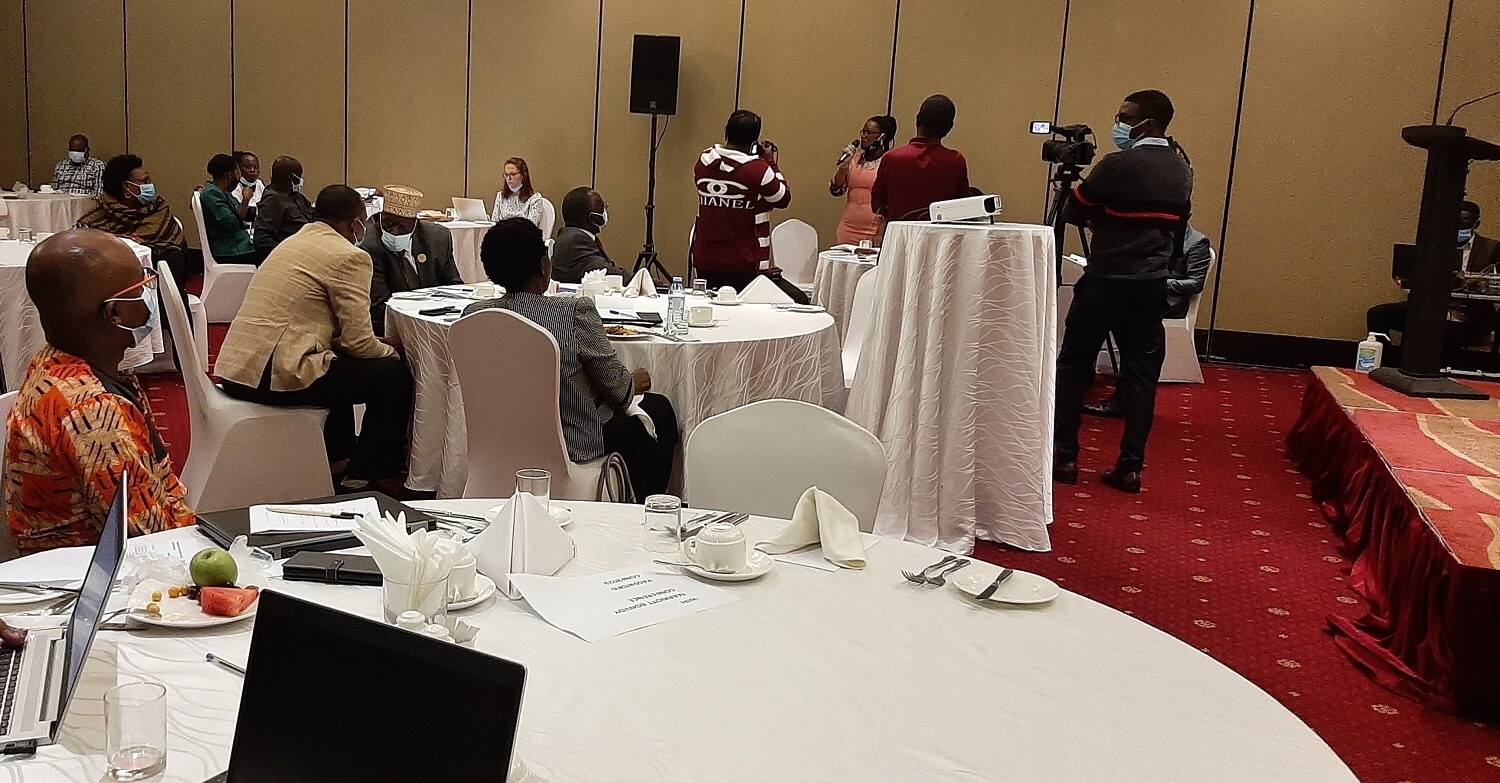
Why is the Land issue in Uganda Contentious?
Why is the Land Issue in Uganda Contentious?
Introduction
Land is the most valuable asset for human existence and economic development and it is acquired to provide a livelihood, facilitate production and economic transformation of the country. The Ministry of Lands, Housing and Urban Development is responsible for providing policy direction, national standards and coordination of all matters concerning lands, housing and urban development. The Ministry is financed by development partners and the Government of Uganda.
In Uganda, there are existing policies and legal frameworks that guide human settlement which include: the 1995 Constitution ,Uganda National Land Policy (2013) ,the 1998 Land Act the Land Sector Strategic Plan(2013-2023) These systems protect the ownership of land in Uganda.[1] Currently there is a proposal by government to amend Article 26 of the Land Acquisition Act. However, the proposal has generated a nationwide debate as well as being interpreted as a plot that will fuel land evictions and grabbing in the country. Majority of citizens believe that the proposed amendment will leave Ugandans at the mercy of losing their land to government without being compensated.
Despite all the existing legal frameworks in Uganda, land continues to be contentious. This policy issue highlights the key land issues in Uganda, recommendations and the role of Civil Society Organizations.
Critiques of the current Land Issues
2.1 Multiple Land Tenure Systems
The 1995 Constitution and the land Act provide that land in Uganda maybe held in only four tenure categories namely: customary, freehold, Mailo and leasehold.[2] There are also existing gaps in the land policy such as; it does not provide for sensitization of about the tenure systems of the land people occupy where sometimes their leases expire and they are not aware, does not solve the problem of overlapping land rights on mailo land, conflict resolutions are placed in the hands of customary institutions yet some are biased due to community migration.[3]
Though the customary land issue is recognized by the law and the policy provides that it will have certificate of titles and its own registry, laws and governance, these do not exist. The National Land Policy provides that the customary land will be supported to evolve but it difficult since the land is not registered with titles.[4] These are all challenges that result into tenure insecurity. There is need for increased awareness of the existing laws to enable citizens demand for their rights in regards to land. The land administration system has also been abused by various actors through acts of corruption and unethical practices in land management hence affecting the most vulnerable people in the communities.
2.2 Land grabbing and evictions
Under Article 26, the constitution provides for the right to own property. On the contrary we have witnessed aggressive land grabbing by individuals, high profile people, government officials and multinational companies often in partnership with government. Communities have been intimidated to abandon or have been forcibly removed from their land and it is common in places where land is owned communally especially in the northern parts, areas in the west as well as the central parts of Uganda. For example in Amuru District, Apar Village and Lakang sub-county where land wrangles are evident has caused particular problems for local people who have customary land rights.[5]
The Marriage and divorce bill section 20 also provides for equal access to matrimonial property which includes right to use, to benefit from and to enter the property. Although the legal environment appears to be favorable to women in Uganda, the situation on the ground is still far from satisfactory. Abuse of women’s land rights is widespread in rural areas where widows are chased away from their matrimonial land, divorced and separated women are denied access to land in their maiden homes and for married women to be dispossessed of their land by their husbands. Government should expeditiously enact the Marriage and divorce bill to help protect the rights of women.
2.3 Large Scale land Acquisitions
The Uganda National Land Policy provides that it is the duty of government to provide land to investors based on transparent criteria with due process or due diligence either from public land or government land without displacing public utilities. However, we have witnessed rapid increase of large land acquisitions which take place amidst non transparent procedures and processes. Vast tracts of land have been given away as concessions to private investors and foreign investors with displacing and evicting local communities from their traditional lands without due regard to their rights and safeguards to their well being.
In many cases, the locals that are displaced receive inadequate or low compensation for their land. Although Article 26 of the constitution provides for compulsory acquisition of land, it states that the following conditions must be met; prompt payment of a fair and adequate compensation prior to the taking of possession or acquisition of land and also a right to access to a court of law by any person who has an interest or right over the property. These laws still have existing gaps on who determines the fair/adequate compensation, even when such cases are taken to courts of law there is delayed justice and sometimes the case is ruled in favour of the investors/rich persons.
2.4 Land Governance
Land governance concerns the rules, processes and structures through which decisions are made about land ownership and its utilization. These help to ensure security to tenure which gives way to harmony in society, peace and tranquility in the country. Article 56, 64 and 74 of the Land Act provides for the establishment of land tribunals, district land boards (DLBs) and Area land committees (ALCs). The ALCs determine, verify and make boundaries of customary land in their areas of jurisdiction; advising DLBs in matters relating to land including ascertaining various categories of land rights of individuals, communities and institutions during the processes of transfer of land interests and registration of titles.[6]
However there are still challenges faced by these DLBs and ALCs such as inadequate functionality as a result of lack of funds, lack of technical staff and corruption.[7] These generate a number of irregularities where most land is title without inspection and recommendations, sometimes land titles are given to more than one person and titles maybe give to the illegal owner claiming to be real owner of the land in question.
2.5 Refugees Crisis
Uganda hosts 1.2million refugees including 898,000 South Sudanese who have fled civil war and famine. The refugee settlements are mainly found in areas of Kyaka II, Nakivale, Oruchinga, Kyangwali, Kiryandongo, Paralonya, Rhino Camp, Imvepi, Madi Okollo, the integrated camps of Adjumani, and Maaji settlement. The 2006 Refugee Act Secetion 29:1(e) provides for similar treatment relating to movable and immovable property and other rights pertaining to property and to leases and other contracts relating to property. This allows refugees to obtain land and as a result the host communities have shared their land have benefited from a new schools and health centers etc. [8]
However there are increasing land conflicts between host communities and refugees due to lack of preparation of citizens by government in regards to refugee settlement in Uganda. Communities in Uganda need to be prepared socially and economically so that they are not affected by the effects of refugee resettlement particularly in areas of land ownership
2.6 Proposed land Amendment
Under the proposed amendment, the Land Acquisition Act will allow government to compensate the registered proprietors and other land owners prior and also while the infrastructure development process is ongoing. The proposed amendment provides that;
- Where parties are unable to agree to a fair price and adequate compensation, the government shall deposit the money in court and government shall take possession of the property pending determination by court of the disputed amount of compensation.
- The owner of the property shall have a right to claim the disputed compensation amount that may be determined by the court or other competent authority.
However the proposed amendments alter the provisions of article 26 which provide for prior compensation before taking possession of land. The proposed bill has a lot of gaps that need to be improved such as; does not provide the time in which disputes arising out of compensation shall be solved, it also empowers the person or party interested in the right over the property and it does not take into consideration of who determines the fair/adequate compensation. There is need for government to review the bill so that they design policies that uphold the rights of citizens.
Policy Recommendations
Roll out of the Land Information System. There is need for the ministry of Lands and Housing to roll out more Land Information systems across all districts in the country. The system will help provide reliable information on security of tenure, eliminate opportunities of corruption, provide timely access of information and also provide assurance land owners.
Functionality of Area Land Boards and District land Boards. There is need to increase funding for the Area Land Committees and District land boards for easy carrying out of their activities and it will also help fight corruption. Capacity building is also required to ensure that the committees have the skills and knowledge required for their work.
Civic education on land matters. Most citizens are not aware of the policies on land and the tenure systems in regards to land. Ministry of Lands through the District local government should educate citizens about the different land tenure systems as well as their rights to land ownership.
Court laws. The court should handle land matters as expeditiously as provided for under article 137(7) of the constitution that the constitutional court can sit as soon as possible to handle petitions and may suspend any other matter pending before it.
Expedite the passing of marriage bill. This bill should be enacted as soon as possible as it seeks to promote gender equality and also protect the rights of men and women.
Consultations on the proposed amendment. There is need for these consultations as they will help citizens share views and existing gaps in the bill. This will help citizens demand their rights regarding law and also enable government deign policies that protect citizens.
- Role of Civil Society
Advocate for laws against forced evictions, adequate compensation and resettlement. CSOs need to advocate for laws that outlaw forced and unlawful evictions in accordance with the international Human Rights law. Most evictions including those based on national legal enforcement orders; ignore the international and constitutional legislation which guarantees the right to housing and other human rights (UN HABITAT Advisory Group on Forced Evictions, 2007, UN Basic Principles and Guidelines on Development-based Evictions and Displacement, 2007).
Land rights Civic education. There is need to hold campaigns to create awareness and sensitize citizens about their land rights and the existing land laws in the country. It is imperative that every land owner is aware of his rights so that land grabbers do not take advantage of their ignorance about the law.
Hold dialogues on Land. National and regional dialogues should be held by CSOs across the country to provide a platform for citizens and government to share their experiences and also raise concerns regarding the land. Interactive dialogues will in help designing policies to uphold the rights of citizens in regard to land ownership.
Monitor the Land policy and related legislations. Organizations especially those dealing in land and human rights should focus on monitoring progress of the implementation of the national land policy and also make periodic reports.
- Conclusion
There are existing policies and legal frameworks in place that protect ownership of land in Uganda however citizens still lack knowledge on these policies and their rights in regard to land. Therefore there is need for sensitization on land policies to help citizens understand their rights. More should also be done to ensure that there is effective implementation of the existing laws to improve land tenure security to reduce land conflicts in the country.
By Rachael Damba
[1]Food Security and Land Governance Factsheet Uganda
http://www.landgovernance.org/assets/20160627-Factsheet-Uganda.pdf
[2] The Uganda National Land Policy (2013)
[3] The challenges and opportunities of Uganda’s land tenure systems by EPRC 10th May 2016.
[4] NLP Implementation in Favour of Women’s Land Rights by Judy Adoko of LEMU October 2017
[5] A study on land grabbing cases in Uganda.
https;//reliefweb.int/sites/reliefweb.int/files/resources/Full_Report_3823.pdf
[6] CEDO land rights issue brief latest version May 2016
[7] Improving land Administration for good governance by Betty Amongi 2017
[8]Draft Resettlement Policy Framework (RPF). Regional Operation on Development Response to Displacement Impacts Project (DRDIP) in the Horn of Africa DRDIP-Uganda Project.



